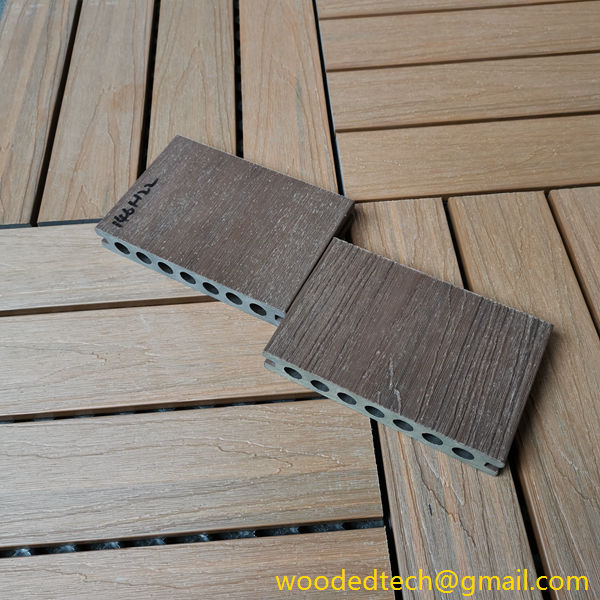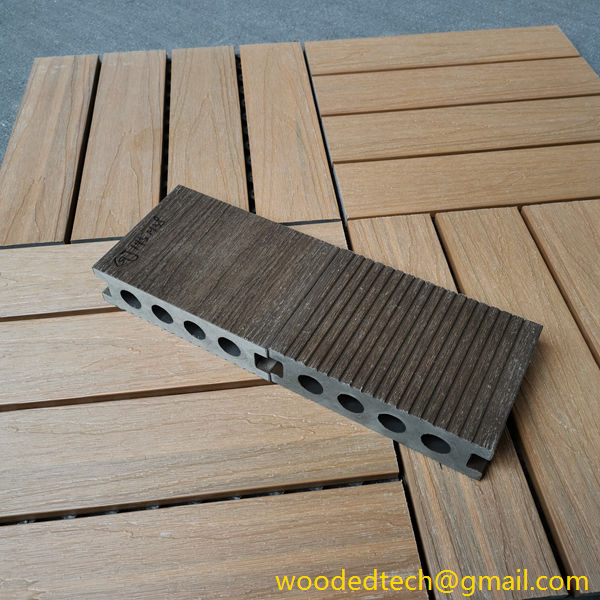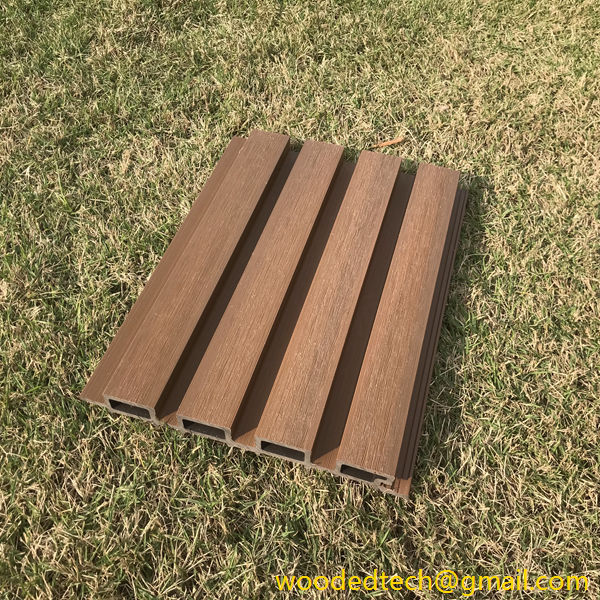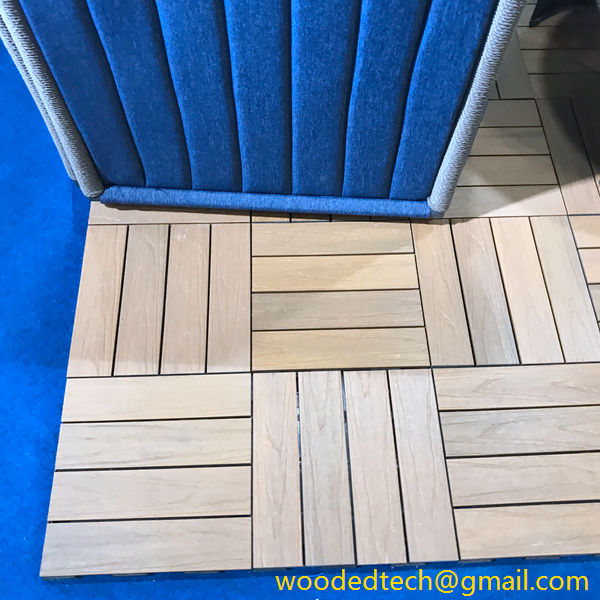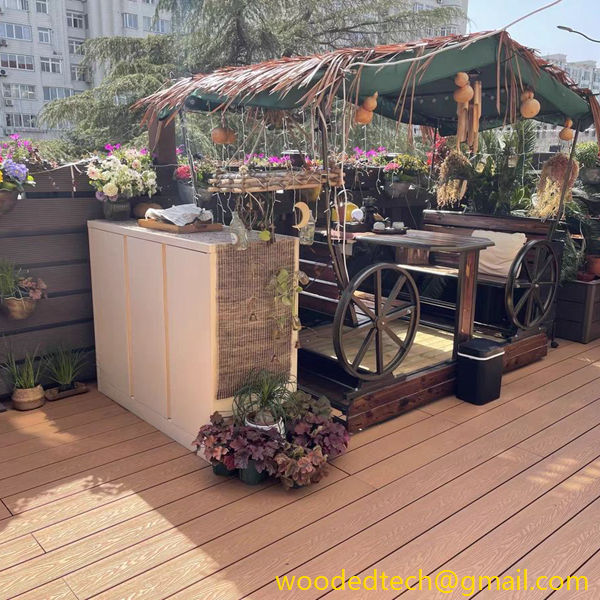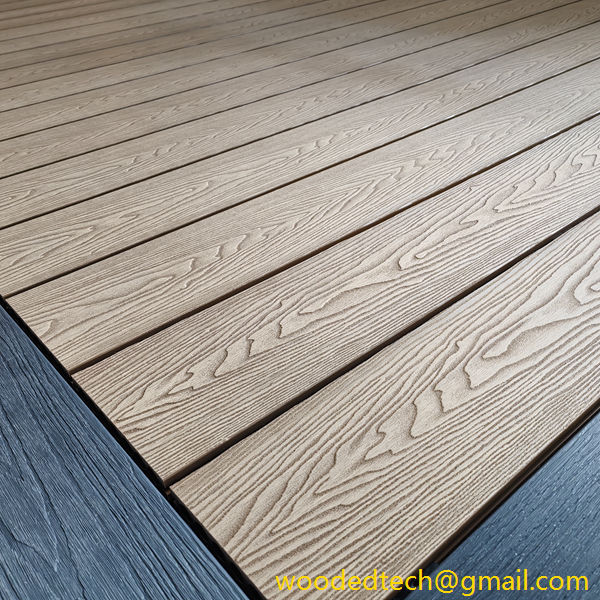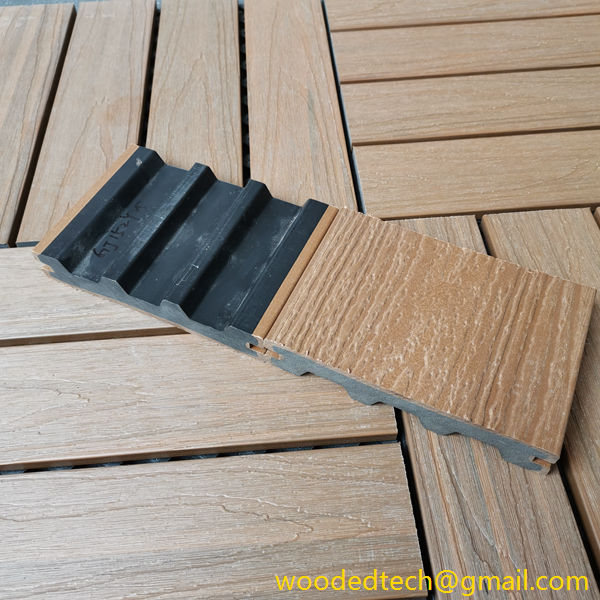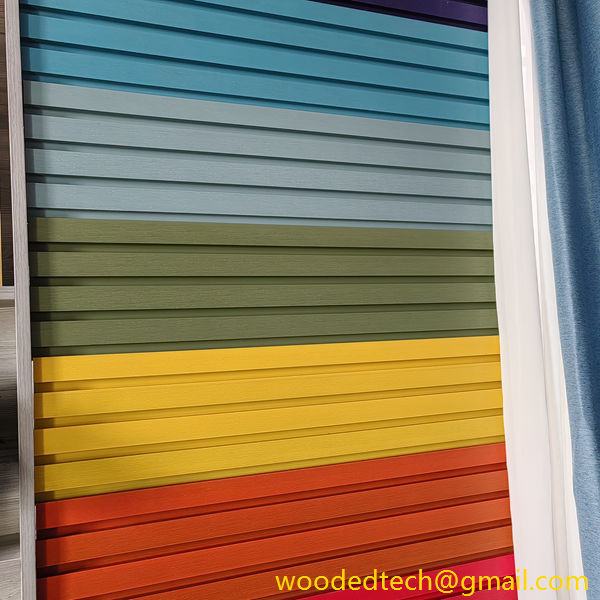Is Plastic Decking Better Than Wood? A Comprehensive Comparison
Is Plastic Decking Better Than Wood? A Comprehensive Comparison When it comes to choosing a decking material for outdoor spaces, homeowners often find themselves at a crossroads between plastic decking and traditional wood. Each option has its unique advantages and disadvantages, making the decision a nuanced one. This comprehensive comparison will delve into the material…
Is Plastic Decking Better Than Wood? A Comprehensive Comparison
When it comes to choosing a decking material for outdoor spaces, homeowners often find themselves at a crossroads between plastic decking and traditional wood. Each option has its unique advantages and disadvantages, making the decision a nuanced one. This comprehensive comparison will delve into the material styles of plastic decking and wood, exploring various factors such as durability, maintenance, aesthetics, environmental impact, and cost to help you make an informed decision.
Durability is a crucial factor when selecting decking materials. Plastic decking, typically made from composite materials or pure plastic, offers impressive longevity. It is resistant to rot, warping, and insect infestations, which are common issues faced by wooden decks. In contrast, traditional wood decking, while aesthetically appealing, is susceptible to these problems over time. Species such as cedar or redwood may have better resistance to decay, but they still require regular treatment and maintenance to prolong their lifespan. Overall, plastic decking tends to outperform wood in terms of durability, making it a more reliable choice for homeowners looking for a long-lasting solution.
Maintenance is another critical aspect to consider. Wood decking necessitates consistent upkeep, including staining, sealing, and regular cleaning to prevent mold and mildew. These maintenance tasks can be time-consuming and often require a significant financial investment. In contrast, plastic decking demands far less attention. It can be easily cleaned with soap and water, and it doesn’t require staining or sealing. This lower maintenance requirement translates to considerable time and cost savings over the years, allowing homeowners to enjoy their outdoor spaces without the burden of frequent upkeep.
Aesthetics play a significant role in the decision-making process for many homeowners. Wood decking is often preferred for its classic, natural appearance. The warmth and texture of wood can add a distinct charm to any outdoor area. However, plastic decking has evolved significantly in recent years. Many manufacturers now produce composite decking that closely mimics the look of real wood. These products come in various colors and finishes, allowing homeowners to achieve the desired aesthetic while reaping the benefits of plastic materials. While wood may have the edge in terms of natural beauty, plastic decking provides a more versatile option for those seeking to match their outdoor décor.
Environmental impact is a growing concern for many consumers today, and this is an essential factor to weigh when choosing between plastic decking and wood. Traditional wood decking often comes from unsustainable logging practices, contributing to deforestation and habitat loss. On the other hand, many plastic decking options are made from recycled materials, such as reclaimed wood fibers and recycled plastics. This eco-friendly aspect of plastic decking appeals to environmentally conscious homeowners. Additionally, the longevity of plastic decking means that it doesn’t need to be replaced as frequently as wood, reducing overall waste. When it comes to sustainability, plastic decking tends to have an advantage over traditional wood options.
Cost is undoubtedly a significant factor driving the decision between plastic decking and wood. Initially, wooden decking may have a lower purchase price compared to high-quality plastic alternatives. However, the long-term costs associated with wood maintenance can add up quickly. Homeowners must consider the costs of regular treatments, repairs, and eventual replacement due to wear and tear. In contrast, while the initial investment in plastic decking may be higher, the reduced maintenance costs and extended lifespan can lead to overall savings in the long run. When evaluating the total cost of ownership, plastic decking often emerges as a more economical choice.
In addition to these primary considerations, it is essential to think about installation and safety. Wood decking typically requires skilled labor for installation due to its weight and the need for precise cutting and fitting. Conversely, many plastic decking options are designed for easier installation, often featuring interlocking systems or lighter materials that make handling simpler. This ease of installation can save homeowners both time and money. Furthermore, plastic decking often comes with added safety features such as slip resistance, making it a safer option for families with children or elderly individuals.
While both plastic decking and wood have their merits, homeowners must carefully consider their priorities and preferences before making a decision. Those who value sustainability, low maintenance, and durability may lean towards plastic decking, especially given its evolving designs that mimic natural wood. On the other hand, individuals who prioritize the classic appearance of wood and are willing to dedicate time and resources to maintenance may prefer traditional wood options.
In conclusion, the choice between plastic decking and wood ultimately depends on individual needs, lifestyle, and aesthetic preferences. By examining the various material styles, durability, maintenance requirements, environmental impact, cost, installation ease, and safety features, homeowners can make an informed decision that best suits their outdoor living space. Whether you choose the timeless appeal of wood or the modern convenience of plastic, both materials can enhance your outdoor experience, provided you choose the option that aligns with your values and lifestyle.

